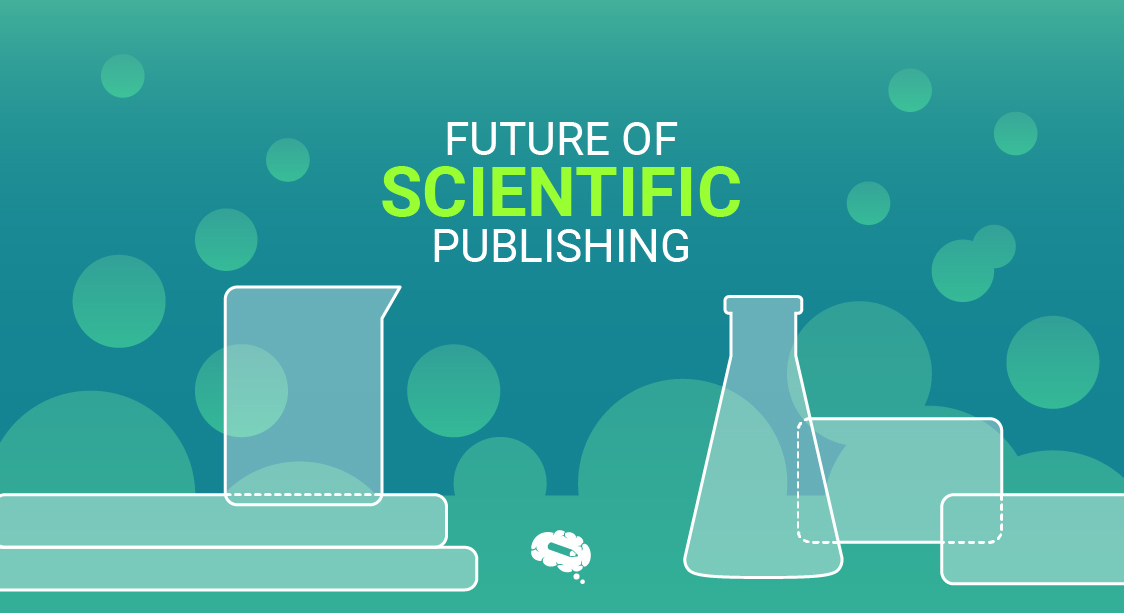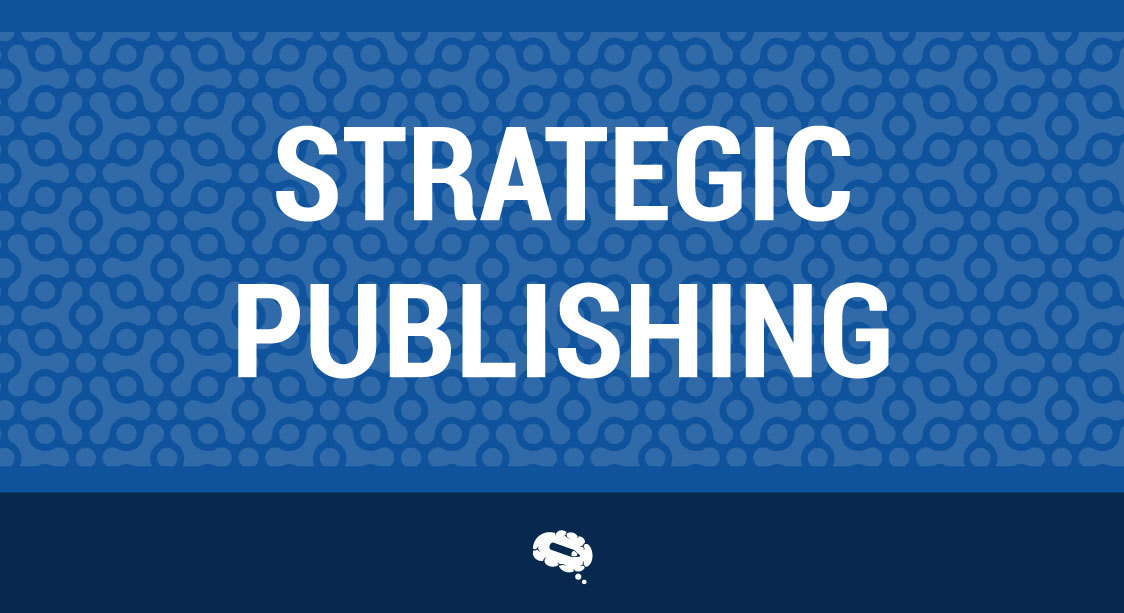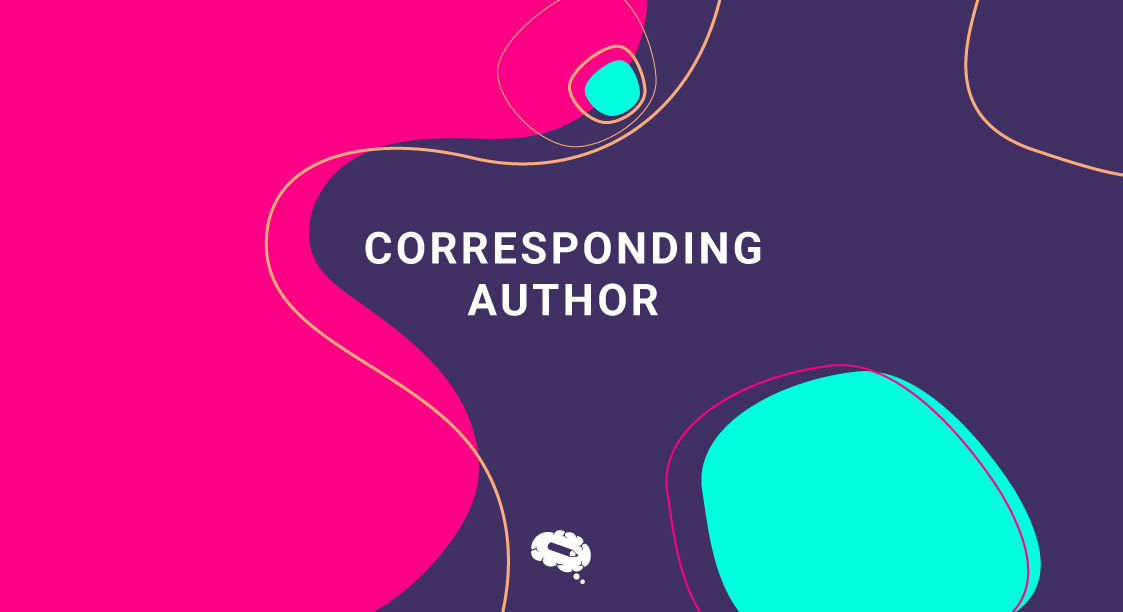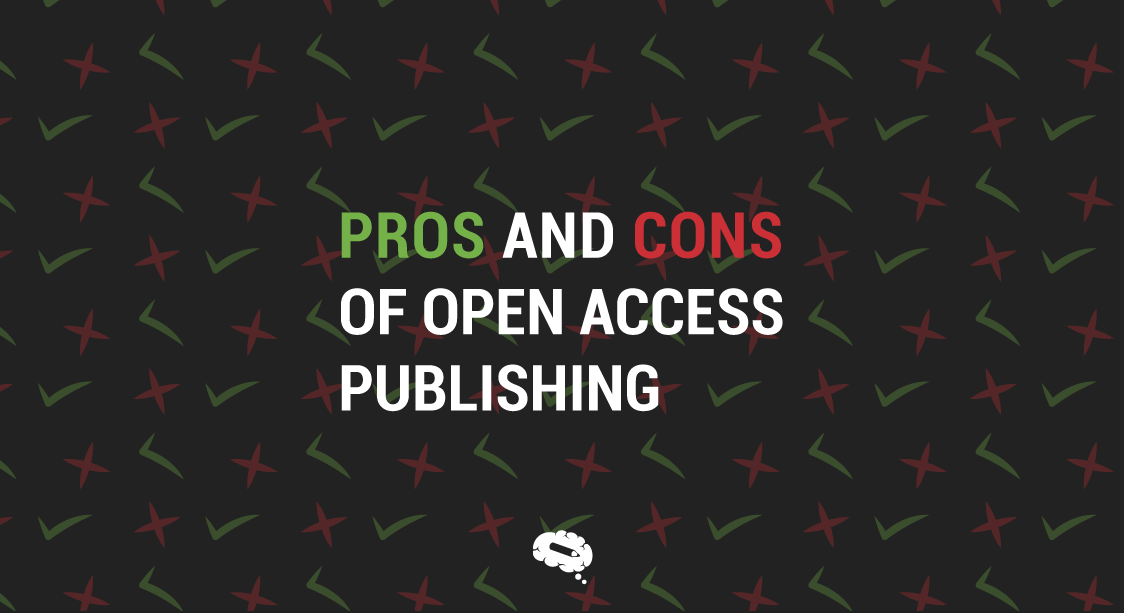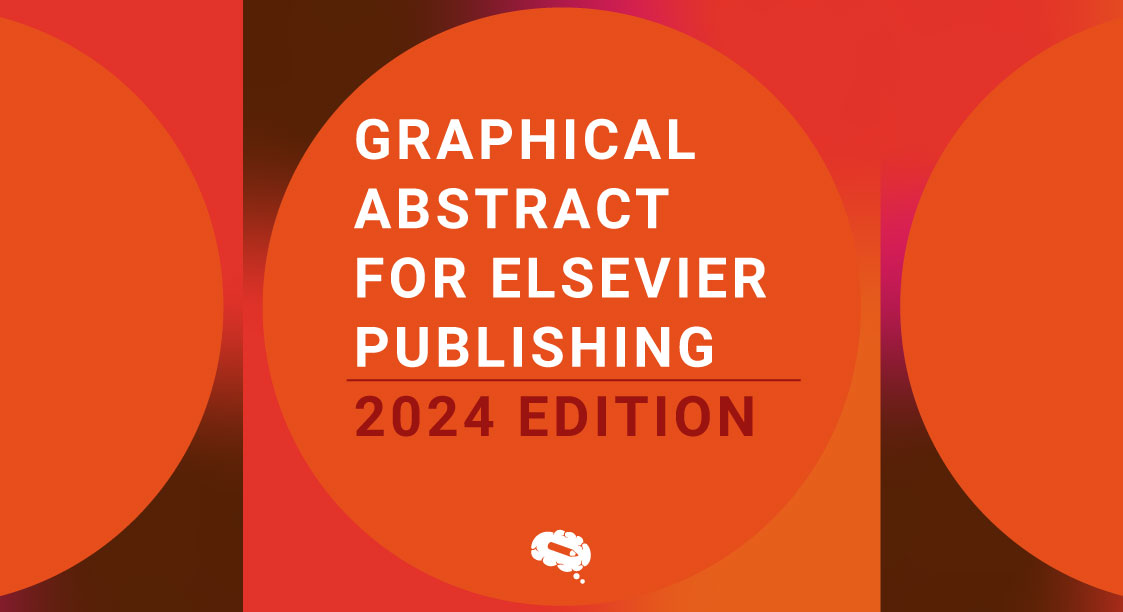“Publish or perish” is a common and powerful phrase, it highlights the pressure on scholars to regularly publish their research to gain recognition, secure funding, and advance in their careers. Universities and research institutions now often judge academics by their publication record, making it essential for them to consistently produce work that appears in top journals.
This demand to publish frequently and in prestigious outlets creates many challenges. Researchers must produce high-quality studies while managing the need for quantity. The publishing process itself is tough, involving detailed peer reviews, frequent rejections, and the need to stay updated in a fast-changing field. This environment can be stressful and sometimes pushes scholars to choose popular research topics over innovative or risky ones.
This article will explore the reality of the “publish or perish” culture, examining how it affects academic careers and the research community as a whole.
Understanding “Publish or Perish”
“Publish or perish” is a term that encapsulates the intense pressure on academics and researchers to consistently publish their work to maintain or advance their careers. This concept is particularly prevalent in academia, where the number and quality of publications are often seen as key indicators of a researcher’s productivity, expertise, and contribution to their field. Here’s a detailed explanation of how it works:
Definition and Origin
“Publish or perish” is a phrase that encapsulates the pressure on academics and researchers to frequently publish their work in order to sustain or advance their careers. This concept emphasizes the need for scholars to produce a high volume of publications, typically in prestigious, peer-reviewed journals, as a primary measure of academic productivity and success. The phrase is believed to have originated in the mid-20th century, gaining prominence as universities and research institutions increasingly valued published research findings.
During the post-World War II era, there was a notable expansion in scientific research and higher education, particularly in the United States. This expansion brought about a greater emphasis on measurable outputs to justify funding and resources, leading institutions to prioritize publication records as a key criterion for hiring, promoting, and granting tenure to faculty members. The phrase underscores the influence of funding bodies, which often require a strong publication record as a condition for awarding research grants, thereby intensifying the pressure on academics to publish regularly to secure financial support for their research endeavors.
In modern academia, “publish or perish” remains deeply ingrained in academic culture. Technological advancements, such as digital publishing and online journals, have further amplified the importance of publication as a metric of academic success and impact. This ongoing emphasis reflects broader trends in academia where the quantity and quality of published research continue to shape career trajectories, institutional reputations, and research funding opportunities.
Also read: The Future Of Scientific Publishing: All You Need To Know
Importance in Academia
“Publish or perish” plays a crucial role in determining academic success and career advancement within the academic community. Here’s a detailed exploration of its importance:
Role in Academic Success
In academia, publishing research is fundamental to demonstrating scholarly productivity and contributing to the advancement of knowledge in a particular field. The act of publishing allows researchers to:
- Contribute to Knowledge: Publishing disseminates new findings, theories, and methodologies, thereby advancing the collective understanding within a discipline.
- Establish Expertise: Regular publication establishes a researcher’s reputation and expertise within their field, enhancing their credibility among peers, students, and the broader academic community.
- Academic Recognition: Publications serve as tangible evidence of a researcher’s contributions, which is crucial for gaining recognition and respect within academia.
Impact on Career Advancement
Career advancement in academia is heavily influenced by a researcher’s publication record. Key aspects include:
- Promotions and Tenure: Universities and research institutions often use publication metrics to evaluate candidates for promotion and tenure. A strong record of publications in reputable journals demonstrates a researcher’s productivity and impact.
- Job Market Competitiveness: In the competitive academic job market, candidates with a robust publication record are more likely to secure faculty positions, especially at research-intensive universities.
- Research Funding: Funding agencies prioritize researchers with a history of productive and impactful publications when awarding grants. A strong publication record enhances the likelihood of securing research funding, which is crucial for conducting studies and advancing one’s career.
Academic Culture and Expectations
- Publication Pressure: The pervasive “publish or perish” culture creates significant pressure on academics to continually produce and publish research. This pressure can influence research agendas, potentially steering researchers towards safer or more publishable topics.
- Quality vs. Quantity: While the quantity of publications is important, there is also an emphasis on the quality of research and the significance of its contributions to the field. Researchers must balance producing high-quality work with meeting publication targets.
Long-term Impact
- Professional Development: Continuous publication not only aids in immediate career advancement but also fosters ongoing professional development. It encourages researchers to stay current with developments in their field, engage in scholarly discourse, and contribute to academic debates.
- Knowledge Dissemination: Ultimately, the publication of research findings facilitates the dissemination of knowledge, benefiting both the academic community and society at large by informing policy, practice and further research endeavors.
The Pressure of Publishing
The pressure of publishing in academia is profound, shaping the careers and professional lives of researchers worldwide. This pressure stems from the necessity to continually produce and disseminate scholarly work to maintain relevance and advancement in the academic community.
Expectations and Standards
In academia, institutions place significant emphasis on researchers’ publication records, expecting both high quantity and quality of scholarly outputs. Achieving tenure, promotions, and securing research funding often hinges on maintaining a robust publication record in prestigious, peer-reviewed journals with high impact factors. Institutions use publication metrics like citation counts and journal rankings to assess the influence and reach of researchers’ work, thereby shaping institutional prestige and competitiveness.
Related article: Publish Smart: A Detailed Guide To Strategic Publishing
This environment fosters a competitive culture where researchers navigate pressures to produce impactful research while balancing ethical considerations and managing personal well-being amidst the demands of academic life. Effective time management and institutional support are crucial for researchers to meet these expectations while maintaining scholarly integrity and achieving professional success in academia.
Consequences of Failing to Publish
Failing to maintain a regular publication record in academia can severely hinder a researcher’s career progression and professional reputation. Without ongoing publications in reputable journals, researchers may face stagnation in their academic advancement, missing out on opportunities for promotions, tenure, and leadership roles within their institutions.
Moreover, a lack of recent publications diminishes a researcher’s credibility and perceived expertise in their field, potentially isolating them from collaborative opportunities and academic networks. It also jeopardizes their ability to secure research funding, as funders often prioritize active researchers with a demonstrated track record of impactful contributions.
Ultimately, the consequences of failing to publish extend beyond professional setbacks to impact personal satisfaction and academic fulfillment, highlighting the critical importance of maintaining an active research agenda in academia.
Strategies for Successful Publishing
Successful publishing in academia involves strategic approaches to navigate the rigorous demands of scholarly research and enhance career prospects.
Finding the Right Journal
Choosing the right journal for publication is a critical decision in academia, impacting the visibility, credibility, and influence of your research. It ensures your findings reach the appropriate audience, maximizing their impact within your field.
Key considerations include aligning the journal’s scope with your research topic and methodology, assessing its impact factor and citation metrics to gauge influence, and understanding the rigor of its peer-review process.
Additionally, factors such as publication timelines, open access options, and the journal’s reputation among peers should guide your decision-making process. Selecting a reputable journal that aligns closely with your research goals enhances the visibility of your work, supports career advancement, and contributes to your academic reputation.
Writing and Research Tips
Effective research and writing in academia are foundational to producing impactful papers. For research, start with clear objectives and conduct a thorough literature review to build upon existing knowledge. Utilize credible sources and rigorous data collection methods to ensure validity and reliability. Seek feedback and collaboration to refine your research approach and findings.
When writing, structure your paper logically with a clear introduction, methodology, results, discussion, and conclusion. Use concise language to convey your ideas and emphasize key findings that contribute to your field. Revise meticulously for clarity, coherence, and adherence to citation guidelines. Engaging the reader with a consistent tone and scholarly professionalism enhances the impact of your work.
By integrating these strategies, researchers can effectively communicate their findings, advance knowledge, and establish credibility within their academic communities.
Collaboration and Networking
Collaboration and networking are essential for researchers seeking to advance their academic careers and enhance their professional impact. Collaborating with peers brings diverse expertise and perspectives to research projects, fostering innovation and deeper insights into complex topics while increasing research productivity and quality. Shared resources and joint efforts often lead to higher-impact outcomes, benefiting from complementary skills and expanded capabilities.
Building a strong professional network involves active participation in conferences, workshops, and online platforms to connect with colleagues globally, share knowledge, and explore collaborative opportunities. By cultivating these connections and contributing to the academic community through peer review and collaborative projects, researchers can strengthen their visibility, credibility, and career prospects within their fields of expertise.
Ethical Considerations
Ethical considerations are foundational in academic research and publishing, guiding researchers to uphold principles like informed consent, data integrity, confidentiality, and proper attribution. These principles ensure the integrity of research by protecting participants’ rights and privacy and maintaining transparency and credibility in findings.
Avoiding plagiarism is crucial as it underscores the importance of producing original work, fostering innovation, and advancing knowledge authentically within a field. Plagiarism can result in severe consequences such as damaged reputations, academic penalties, and legal issues, highlighting the necessity of maintaining integrity in research practices and transparently communicating findings through ethical publishing practices.
Your Creations, Ready within Minutes!
Mind the Graph is a user-friendly platform designed to assist scientists in creating professional scientific graphics and illustrations quickly and effectively. It offers customizable templates, a library of scientific icons and images, and robust graphing tools to visualize data accurately. Mind the Graph simplifies the process of visual communication in research, enhancing the presentation and dissemination of scientific findings across various disciplines.

Subscribe to our newsletter
Exclusive high quality content about effective visual
communication in science.



